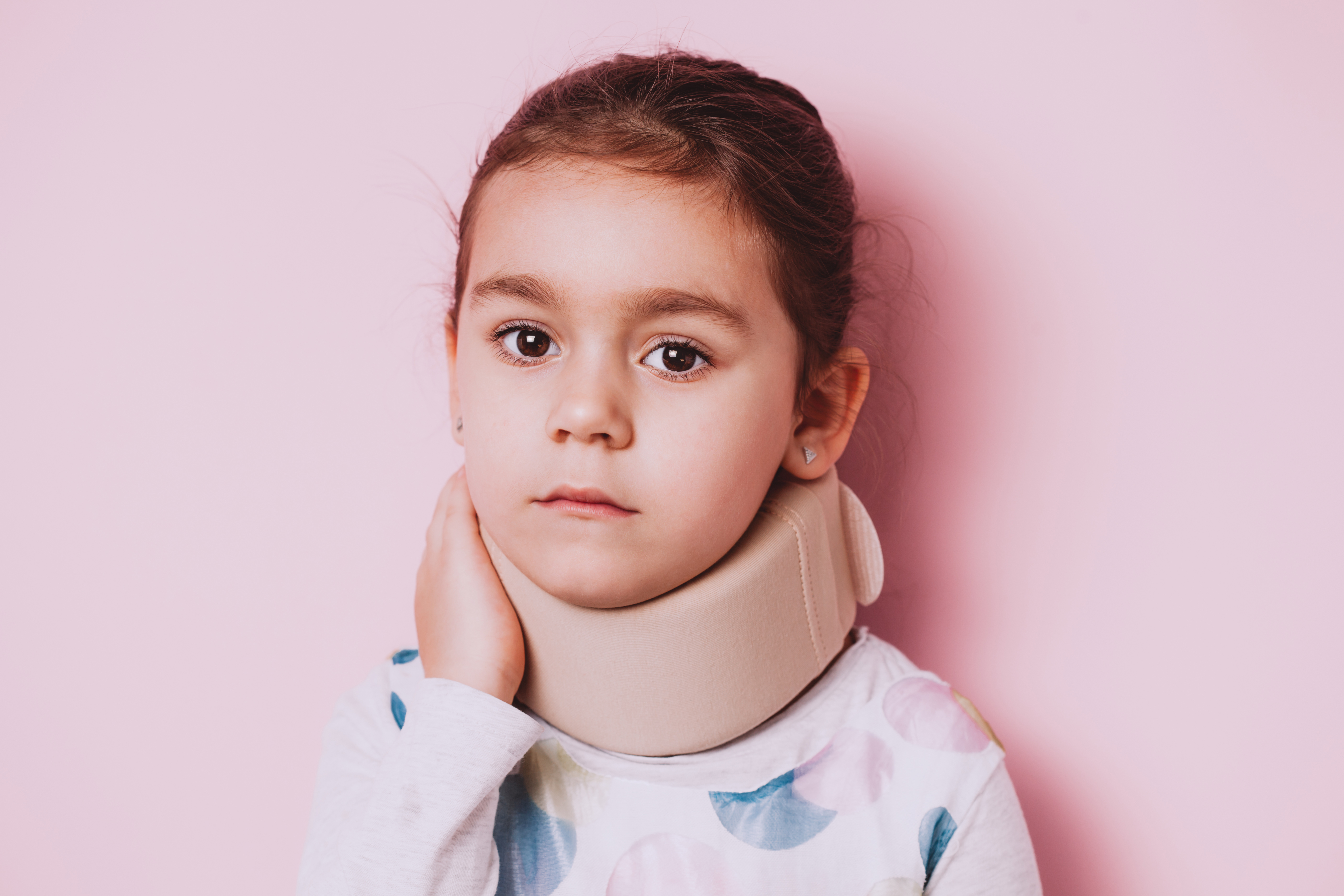New federal funding to improve child urinary tract infection treatment and neck injury management

MCRI researchers have been awarded two federal MRFF Grants, totalling over $4.1M, to investigate whether a single dose of antibiotics can treat urinary tract infections and develop child-specific neck injury management guidelines.
Urinary tract infections, or UTIs, are the most common reason in the developed world for children to need antibiotics. UTIs account for 1.2 per cent of all problems managed in Australian general practice, and 12 per cent of preventable hospitalisations across all age groups.
Associate Professor Penelope Bryant has received a $1.64M Medical Research Future Fund grant to run a five year-randomised controlled trial to see whether complicated UTIs can be treated with a single dose of intravenous antibiotics, instead of the current three-day regimen.
This group of patients has been excluded from previous trials, meaning that current practice varies widely across hospitals, adding to hospitalisations as well as potentially contributing to antimicrobial resistance.
A/Prof Bryant said, "If a single dose of IV antibiotics is found to be as effective as a three day treatment course, kids will be able to avoid hospital admission and rejoin their families at home sooner, improving their quality of life, decreasing costs to the family and healthcare and reducing excessive antibiotic durations which can negatively impact multiple areas of child health."
The trial will be run in major paediatric hospitals around Australia, led by The Royal Children's Hospital in Melbourne.
Professor Franz Babl will run a $2.53M, five-year trial of neck imaging, involving 30,000 children with possible neck injuries, as they present to Australian and New Zealand emergency departments. The trial aims to see whether clinical decision rules developed for adults can also be applied to child neck injuries.
Professor Babl said, "Currently, between 40 to 60 per cent of kids with suspected neck injuries will have an X-ray, CT scan or MRI. Of these however, less than one per cent of these kids actually have something wrong that we can see on a scan. The SONIC trial aims to test whether decision rules can reduce unnecessary imaging and the accompanying radiation exposure, time, inconvenience, patient discomfort and expense, while still ensuring optimal outcomes for the kids."



